New Study Examines the Impact of End Cretaceous Mass Extinction Event
A team of researchers, including scientists from Bristol University and the University of Southampton have published a new study looking at the impact of the extra-terrestrial Chicxulub impact event that devasted life on Earth 66 million years ago.
The non-avian dinosaurs may be the most famous victims of this mass extinction, but this study examined the consequences of a near instantaneous collapse of ocean food webs. The plankton, the base of the ocean ecosystem, as primary produces, were disrupted for around 1.8 million years. It then took a further 8 million years for global species numbers to fully recover.
End Cretaceous Extinction Event Disrupted the World’s Oceans for Millions of Years
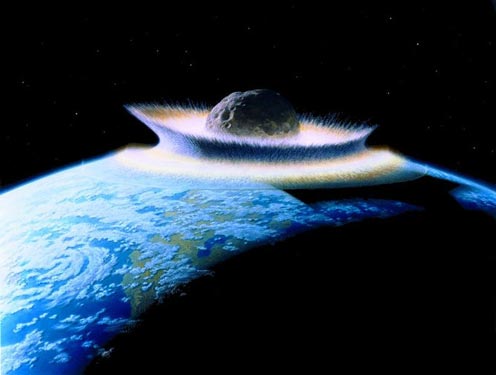
Picture credit: Don Davis (Commissioned by NASA)
Major Oceanic Food Web Instability
Writing in the journal “Nature”, the research team, which also included scientists from the University of California, University College London and the Institute for Geoscience, Goethe-Universität Frankfurt (Germany), found that while the plankton in the oceans showed the first signs of ecological recovery almost immediately, these early communities of microscopic organisms were highly unstable and cell sizes unusually small.
With the collapse of the plankton population, the loss of these primary produces in the food chain would have devasted the vast majority of the other organisms in the ecosystem, resulting in their demise and in a lot of cases, their extinction.
Microscopic Nannoplankton Fossils
Picture credit: University of Southampton/University College London ( Samantha Gibbs/Paul Bown)
The “Reboot” of a Global Ecosystem
The research team plotted the changes in the fossil plankton record by studying the number and composition of calcareous nannoplankton fossils deposited over a period of 13 million years. A “snapshot” of the population was mapped at intervals of approximately 13,000 years. Cell size, abundance and species diversity were all recorded. In total more than 700,000 fossils were studied. This scientific paper has provided a remarkable insight into how a global marine ecosystem “reboots”.
As much today as in the past, the marine ecosystem is dependent on plankton at its base and this study highlights the risks posed by diversity loss which may result in highly unstable communities, loss of important ecosystem functions and the long timescales of recovery. Important lessons to learn as we enter a period of extensive, global climate change.
Reducing Biodiversity
Co-author of the paper, palaeobiologist Dr Samantha Gibbs “University of Southampton” commented:
“Losing species today runs the risk of eliminating key creatures in ecosystems. What we’ve demonstrated from this fossil record is that function is achieved if you have the right players fulfilling key roles. Today, by reducing biodiversity, we are running the risk of losing our critical ecosystem players, many of whose importance we don’t yet fully appreciate.”
Everything Dinosaur acknowledges the assistance of a press release from the University of Southampton in the compilation of this article.
The scientific paper: “Diversity decoupled from ecosystem function and resilience during mass extinction recovery” by Sarah A. Alvarez, Samantha J. Gibbs, Paul R. Bown, Hojung Kim, Rosie M. Sheward and Andy Ridgwell published in the journal Nature.
The Everything Dinosaur website: Everything Dinosaur.


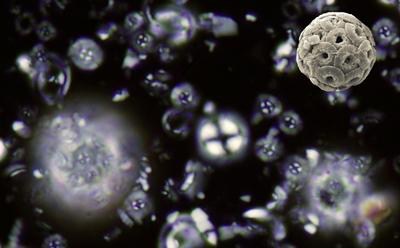
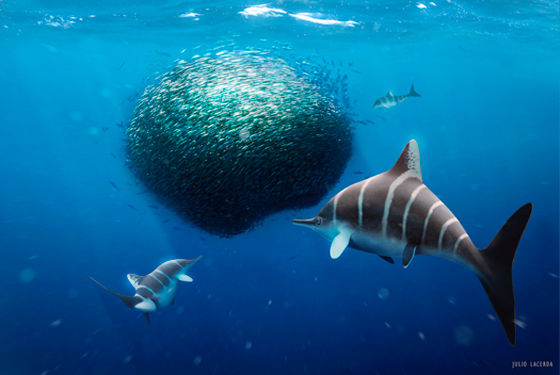

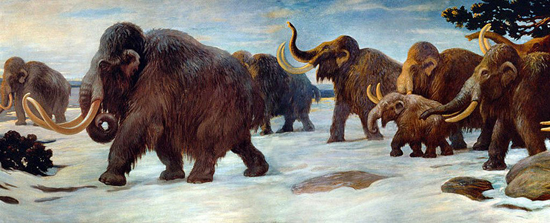
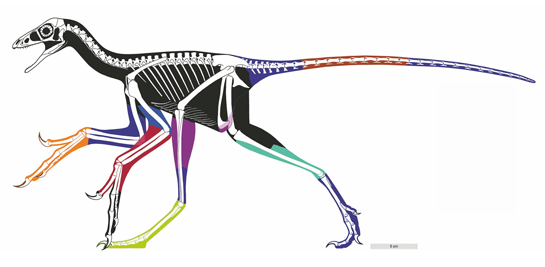
Leave A Comment